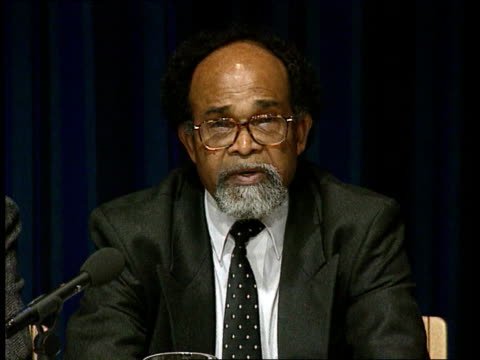June 2019 saw 1MCB Chambers’ first funded mini-pupillage pilot for A-level students, which aimed to provide an insight into the legal system and the legal profession. Our members and pupils wanted to reach young people who attend state schools, and in particular those who might have been put off pursuing a career in law by the costs of training or because they did not have as much access to people who are university educated or working in law. The mini-pupillage was funded to ensure anyone could participate, whatever their means.
The mini-pupillage programme
Three young women aged 16-17 joined us for a packed programme over three days. We asked the partner school to select students on the basis of a number of criteria including interest in the law, but achieving top grades was not part of the criteria. Students receiving government assistance (such as free school meals) and students whose parents had not attended university were prioritised.
The mini-pupils attended presentations on criminal law and actions against the police. They observed members of chambers appearing in the criminal courts and the immigration tribunal. During more informal sessions the students were able to discuss different routes into the profession. Crucially, they met barristers who came from non-traditional backgrounds who were able to speak about the obstacles they had overcome in developing a career at the bar.
The students also visited Lambeth Law Centre where they had a chance to meet members of the housing team, who spoke to them about the history of law centres. They heard about the importance of a movement aiming to make legal advice accessible to ordinary people, about breaking down barriers to justice, and about campaigning against inequality.
On the final day the three students were given papers in a sentencing matter and took part in a session on pleas in mitigation and then, dressed in wigs and gowns, made submissions to try to keep their client out of prison for a drugs offence.
The future
After the three days, all of the students reported that they were more interested in law. One student explained she had enjoyed speaking to barristers and finding out about their different experiences. As a result of the experience she now believes that she could become a lawyer if she chooses to. The experience broke down negative stereotypes of the bar being the preserve of the rich elite, and demonstrated that people from different cultural, ethnic and religious backgrounds can forge a career as a barrister.
If we want to see diversity in the legal profession and in the judiciary there is a need to engage with A-level students and show that socio-economic background does not have to be a barrier to working in law. It is critical to draw in students at the stage at which they are making decisions about university and their next steps, especially because funding education and putting off earning money can be a barrier to entering into long-term study. The mini-pupillage programme hopes to provide a bridge to the profession and a unique exposure to legal aid work for young people.
We hope to expand our scheme and run our mini-pupillage experience again next year. We would welcome other chambers getting in touch with a view to developing further mini-pupillage experiences which seek to encourage diversity in the legal profession.




